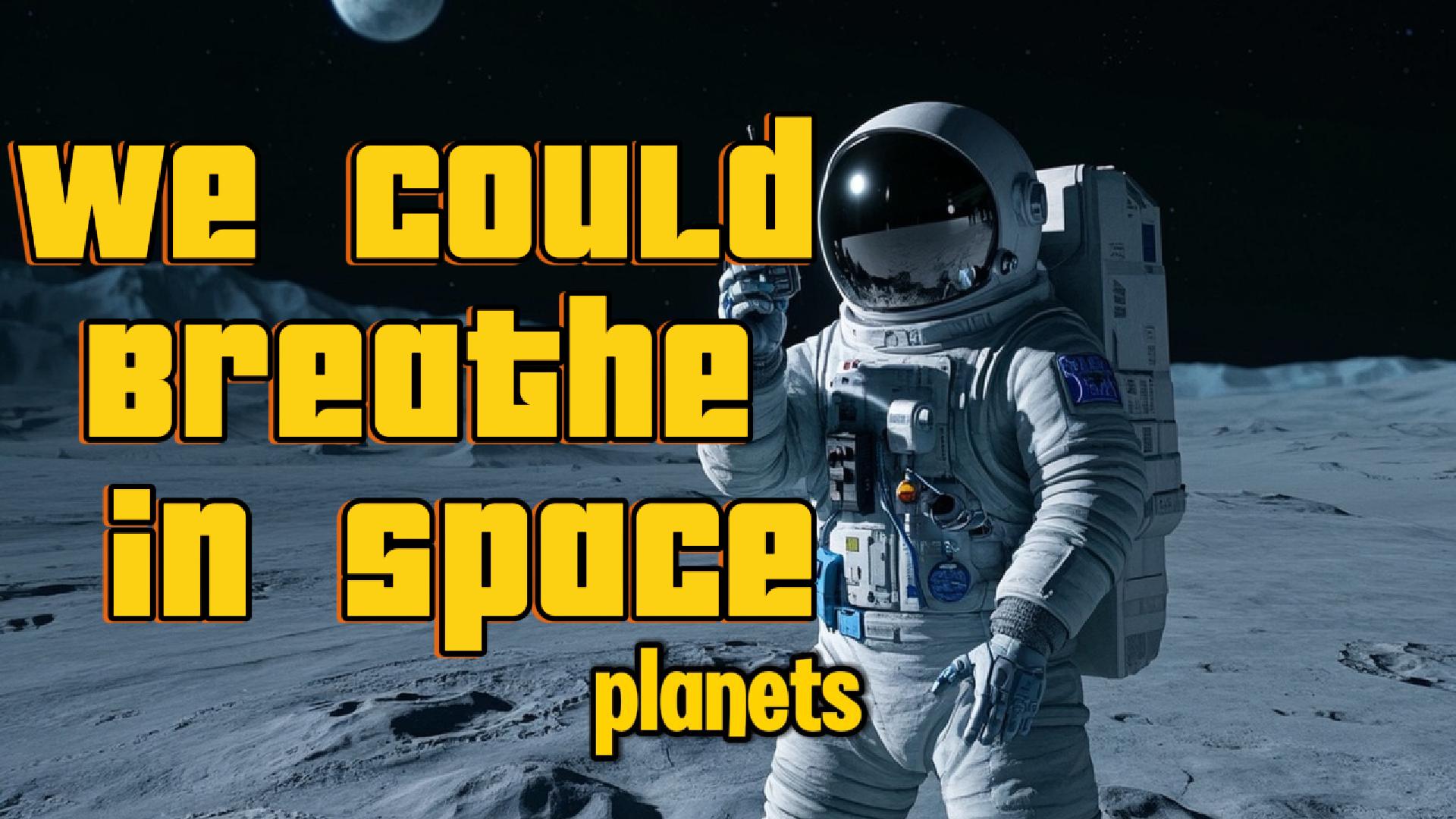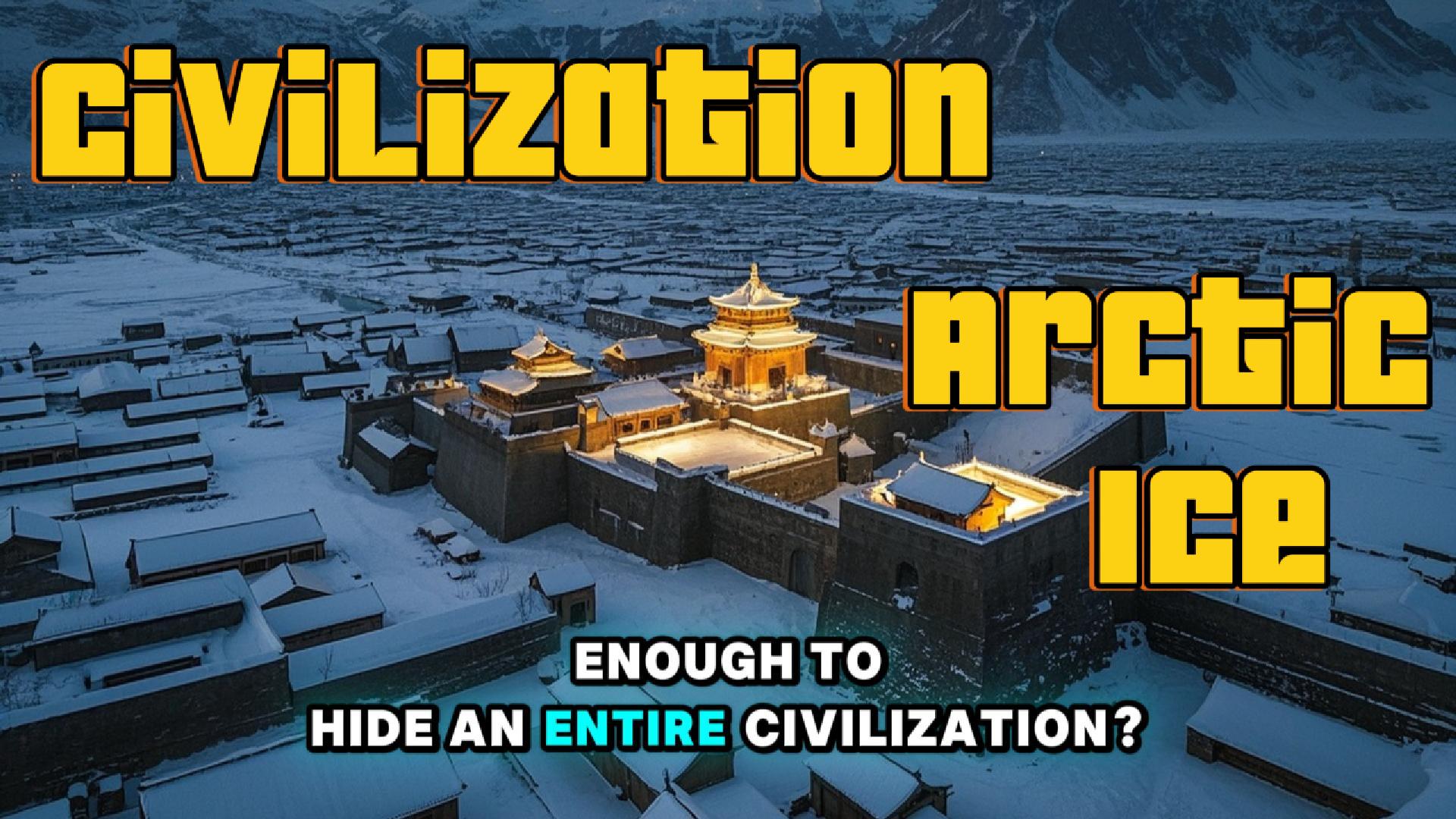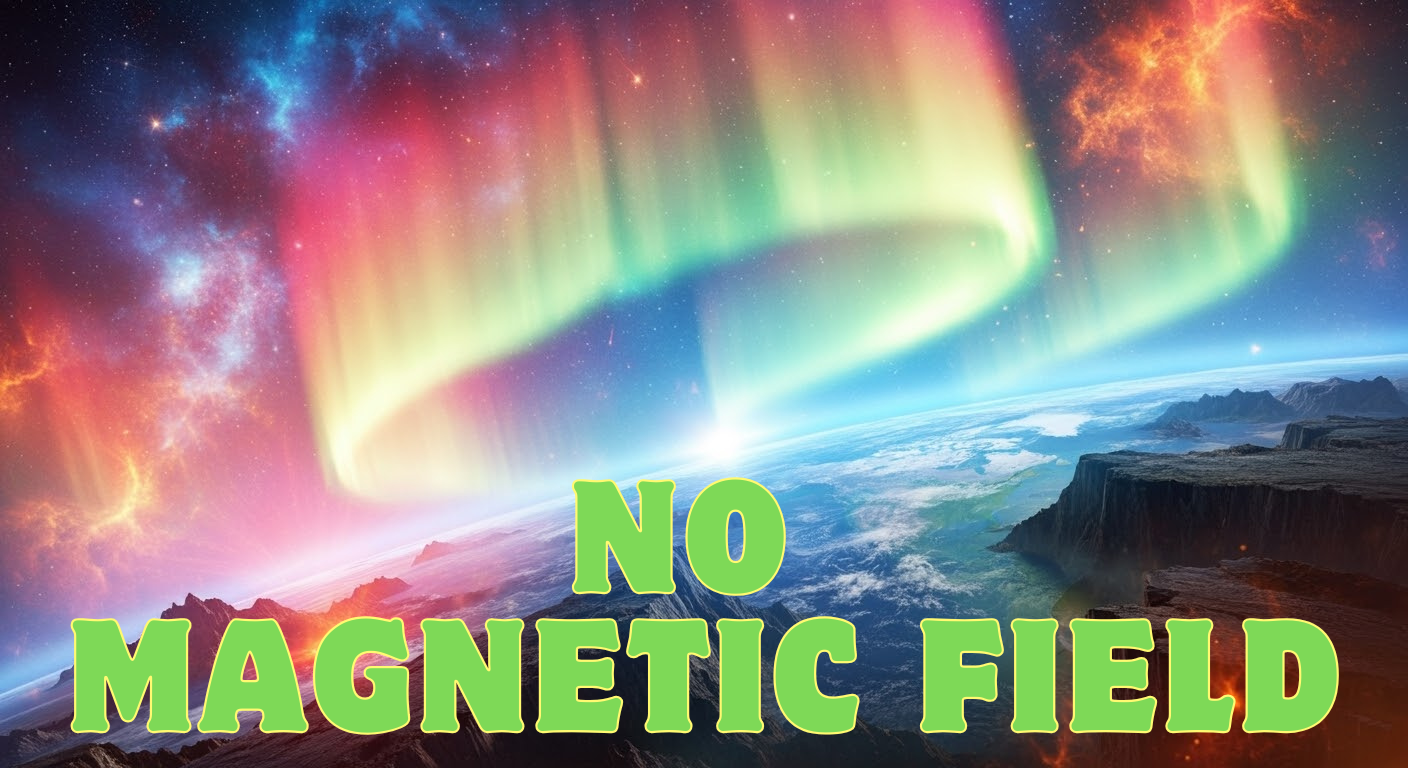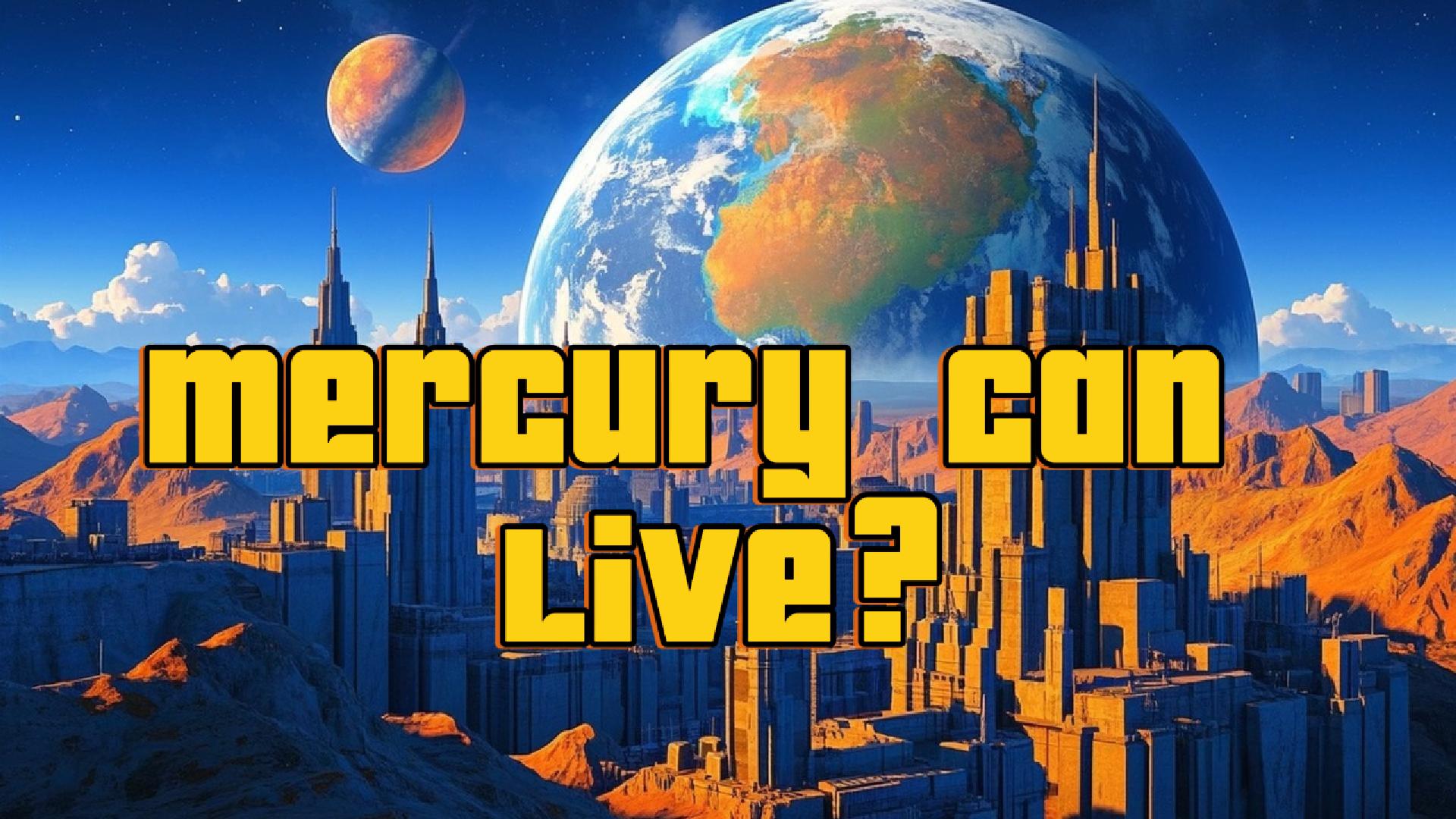What If We Could Breathe in Space?
Imagine walking outside your home, looking up at the stars, and then simply jumping into the sky… no space suit, no oxygen tank, no bulky helmet. Just you, floating into the cosmos. Sounds like a dream, right? But let’s say, for just a moment, that humans could breathe in space. Not just survive for a few seconds—but truly live, talk, run, and explore. What would that mean for us? How would everything change?
Breathing in space would rewrite the laws of human biology and physics. Our lungs, currently dependent on oxygen from Earth’s atmosphere, would no longer need the cushion of air pressure. Somehow, miraculously, we could take in oxygen directly from a vacuum. It sounds absurd—but let’s play with the idea.
Part 2: New Frontiers of Freedom
First of all, space travel would explode—literally and metaphorically. No need for pressurized suits. No need for oxygen tanks. No fear of suffocating or freezing to death. We could hop onto small spacecrafts with open tops, like cosmic scooters, zipping from moon to moon.
Space tourism would become a weekend getaway. Instead of beach resorts, imagine “orbital retreats,” where families float outside space stations, holding hands and watching Earth spin below. The sky wouldn’t be the limit—it would be the beginning.
Part 3: Earth Reimagined
With the freedom to survive in space, cities would evolve. Massive floating colonies could orbit the Earth. No longer limited by land, humans would build sprawling communities in the stars. Traffic? Gone. Overcrowding? Solved. Earth could become a nature preserve while civilization expanded into space.
And imagine the architecture—glass domes stretching for kilometers, spiraling habitats anchored to asteroids, glowing gardens illuminated by distant stars. Gravity might be optional. People could float between floors, dance mid-air, or sleep in giant soft bubbles.
Part 4: Cultural Evolution
Our culture would shift too. Music in zero gravity would sound different. Movies would be filmed in orbit. Education would include space training from childhood. Kids would learn how to push off walls to move, how to land without falling, and maybe even how to navigate asteroid fields.
Religions, art, and philosophy would evolve. Some might see the stars as sacred homes of ancestors. Others might paint constellations with new meaning. Writers would compose poetry under the rings of Saturn. Life would no longer be Earth-bound—it would be cosmic.
Part 5: Unexpected Challenges
But with great freedom comes new challenges. Breathing in space wouldn’t solve everything. What about radiation? Temperature extremes? Micro-meteoroids flying at thousands of kilometers per hour? We’d need new technologies: smart shields, self-healing suits, energy domes.
And psychologically—what happens when humans live too long in isolation? Would we crave the feel of rain, the scent of soil, the warmth of sunshine filtered through trees? Maybe Earth would become our nostalgic paradise, a memory we return to when the stars feel too cold.
Part 6: The Future Is Us
If we could breathe in space, we would no longer be just Earthlings. We’d be true citizens of the universe. Colonies on Mars, outposts near Jupiter, and expeditions to galaxies far beyond would be not only possible—but natural.
Perhaps one day, a child will be born among the stars, never having set foot on Earth. And they’ll ask: “What was it like? The blue planet?” And we will smile, breathe in the star-speckled air, and say, “Beautiful. But out here, we found something more.”
Because if we could breathe in space, we would truly learn what it means to live without limits.







Post Comment